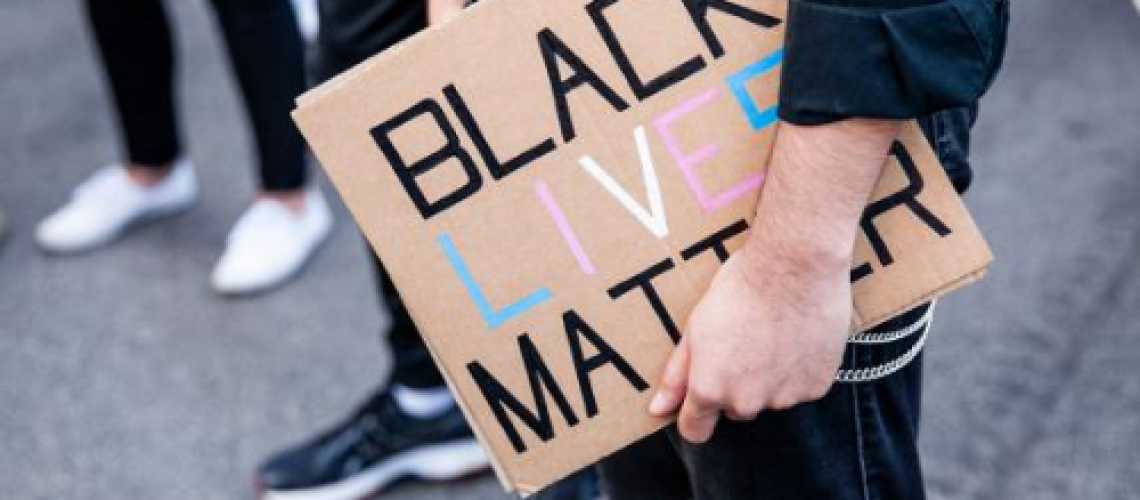Whites are more likely to think police behave fairly -- and so their suspects are probably culpable.
Why do black and white Americans have such different perceptions of what happened? Here’s what our research reveals.
White and black Americans interpret police killings differently
The Floyd protests echo the 2014 Black Lives Matter protests that spread after a Ferguson, Mo., police officer shot and killed Michael Brown. Three weeks later, we surveyed a broad national sample of 3,729 Americans, using Qualtrics Panels, to better understand reactions both to Brown’s death and the protests.
We found a stark racial divide in American opinion, as you can see in the figure below. Black Americans and white Americans had very different beliefs about whether the officer should be charged with murder, and whether the protests were appropriate. Black Americans were more likely than whites to think that race played a significant role in the shooting and less likely to think that the police response to the protests was appropriate. Further, blacks and whites disagreed about what had actually happened between the two men — whether Brown had attacked Wilson and whether he had a weapon.




